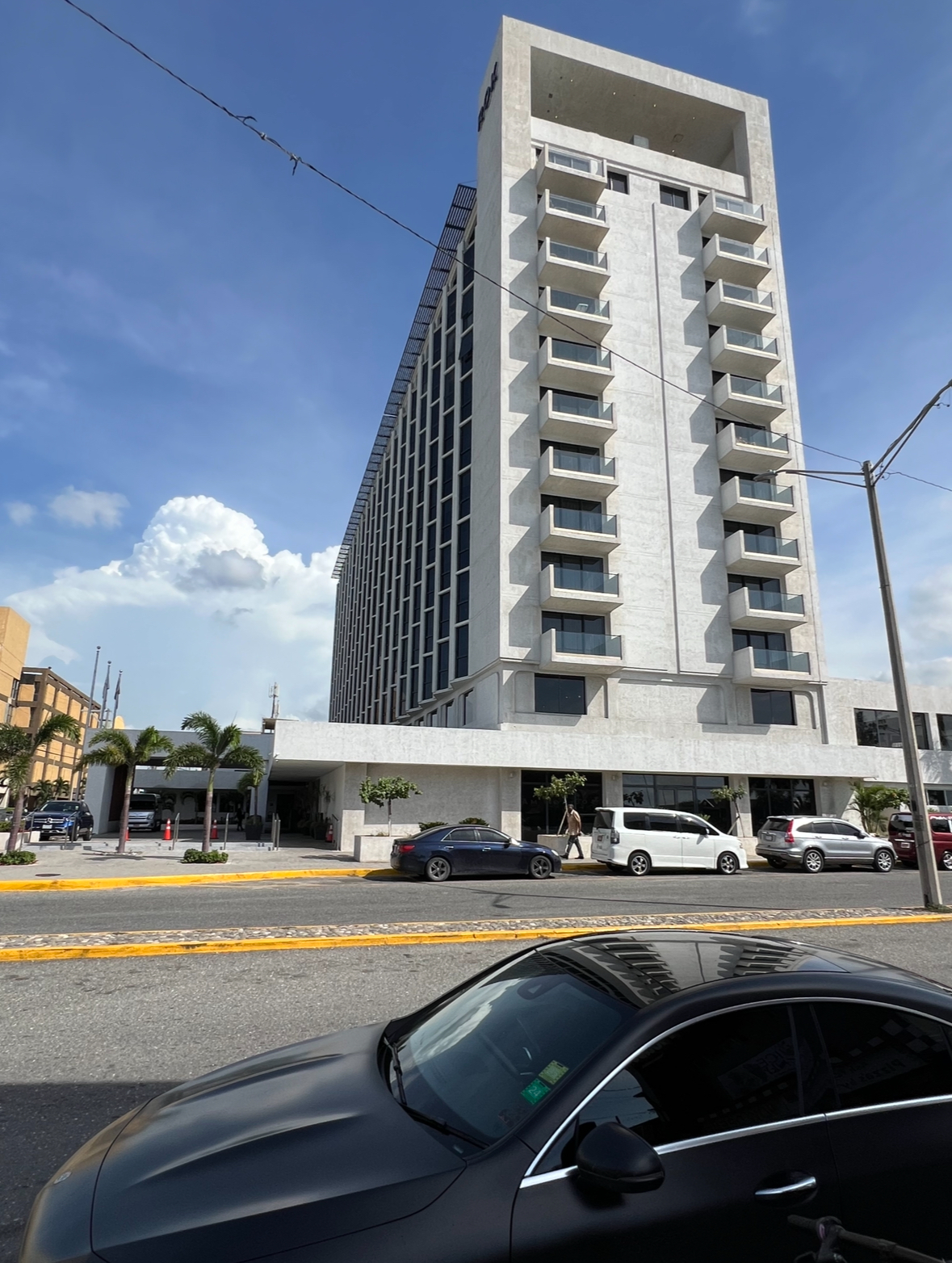Through whatever lens you may view it, the city is a microcosm of our lives. At the heart of this space are diverse living beings who call this metropolis home. For the youths in particular, the city is where they come to find themselves, realize their dreams, and pursue opportunities. Equally, it is a place to explore, connect, and transition into adult living while navigating the pitfalls of city life and consciously engage as part of a wider community of people. This is why World Cities Day as designated by the United Nations annually on October 31st is being highlighted in 2024 under the theme “Youth Leading Climate and Local Actions for Cities.” World Cities Day is aimed at raising and disseminating awareness of the role of urbanisation in global sustainable development and inclusion. The day also emphasise promoting the international community interests in sustainable global urbanisation development and enhance cooperation among countries and cities to address common challenges. Youth are key to improving the liveability in the urban environment.

With the numerous opportunities and advantages of city life come responsibilities, and youth are not immune to this. As the city evolves and expands—leading to both formal and informal urbanization—these impacts are felt and seen across the landscape. Various social and environmental issues emerge and are likely to intensify, including those associated with the negative effects of climate change. In such situations, cities are at risk, as are the youth, who are particularly vulnerable to climate change in densely populated areas lacking green spaces, facing rising temperatures, and experiencing displacement due to unstable weather conditions. Overcrowded cities can lead to anxiety and depression among youth. According to reports from the Journal of Global Health, ‘children and adolescents may also be more likely to fear and worry about climate change than any other age group.’ Additionally, studies from the American Psychological Association indicate that natural disasters can lead to post-traumatic stress disorder, with young people particularly anxious about climate change. Moreover, it is the youth from marginalized communities, low-income backgrounds, and communities of colour who are more likely to be exposed.

At present, there are two major coastal cities in Jamaica: Kingston, the capital city, and Montego Bay, located in the parish of St. James. The former is home to the world’s seventh-largest natural harbor, while the latter is a renowned tourist mecca. Both cities are crucial to Jamaica’s economy and environment. In light of the escalating climate crisis, both have experienced storm surges along the coastlines and erosion of coral reefs. To support and enhance climate resilience infrastructure along Kingston Harbour Walk, the Caribbean Development Bank has provided significant funding. Protecting this area is vital due to the increasing threats of climate change. Similarly, the St. James Municipal Corporation launched the Youth Climate Action Fund Programme, valued at 7.5 million dollars, to promote climate solutions in the nation’s second-largest city. This initiative focuses on youth involvement in advocating for climate solutions in Montego Bay. Youth ages 10 to 24 represent an important demographic, comprising almost one-third of the population in 2000. The last census data from the Statistical Institute of Jamaica, conducted in 2011, indicated that youth account for approximately 30% of Jamaica’s population. These young people are key to improving liveability in the urban environment.
Furthermore, the Government of Jamaica and United Nations-led agencies have continued to strengthen their commitment to climate action through key partnerships with youth across Jamaica, who have already leveraged their voices on several public platforms locally, regionally, and internationally. Along these lines, Jamaica has created various opportunities to raise awareness and mobilise youth on climate change. These include the appointment of Climate Change Youth Ambassadors; the Youth Environmental Advocacy Programme, dedicated to fostering environmental awareness and promoting advocacy for environmental issues among high school youth; and the staging of a 2017 Youth Climate Change Conference and 2019 Post-Conference of Parties (COP) Youth Consultation on Climate Change.

The United Nations Development Programme (UNDP) Multi-Country Office in Jamaica has supported and continues to support youth in achieving sustainability initiatives aimed at building climate resilience. Notably, through initiatives such as the UNDP-Japan Caribbean Climate Change Partnership, young Jamaicans have been sponsored to attend the Youth Climate Summit, with ‘Green Tickets’ awarded to youth engaged in climate change activism for attendance and participation in the global UN Youth Climate Summit.
Consequently, climate change is the great equaliser, and the youth of Jamaica are amplifying their voices on this critical issue. Locally, Young People for Action on Climate Change (YPACC), a locally-led organisation in Jamaica, is actively participating in the climate change conversation and taking action. Likewise, the Jamaica Climate Change Youth Council, a youth affiliate of the Jamaica Climate Change Advisory Board, aims to raise awareness about climate change and its effects among young Jamaicans aged 15-35. As urbanisation drives an increase in waste, carbon emissions, and urban sprawl, it is evident that Jamaican youth are key agents for social change, technological innovation in shaping the future of urban cities, and a major resource in advocating for sustainable urban development. With its robust youth population, Jamaica stands to gain significantly from the creative and transformational power of its young people. The Climate Change Policy Framework will therefore support the abilities of young people to lead the country towards positive, climate-friendly changes and the preservation of cultural heritage, contributing to more inclusive cities.
By: Marsha M. Hall – Research Officer, ACIJ/ JMB
Sources:
Dixon, Natalia. “$7.5- Million Youth Climate Action Fund Launched in Mo’bay.” Jamaica Information
Service. May 31, 2024. https://jis.gov.jm/7-5-million-youth-climate-action-fund-launched-in-mobay/
Global GreenGrants Funds. “A Changing Climate: The Youth Response in Jamaica”. February 18, 2021.
https://www.greengrants.org/2021/02/18/jamaica/
Statistical Institute of Jamaica. “Population Census: Population by Five Year Age Groups by Sex, by
Parish.” Accessed October 16, 2024.
https://statinja.gov.jm/Census/PopCensus/Populationbyfiveyearsagegroup.aspx
Thayer, Mike. Engaging Jamaican Youth in Climate Action. Climatelinks. August 25, 2020.
https://www.climatelinks.org/blog/engaging-jamaican-youth-climate-action
The Caribbean Development Bank. “CDB Supporting Comprehensive Climate Resilience Planning and
Infrastructure for Kingston Harbour.” August 26, 2024. https://www.caribank.org/newsroom/news-and-
events/cdb-supporting-comprehensive-climate-resilience-planning
United Nation Development Programme. “Three Jamaicans sponsored by UN and UNDP to attend first ever UN Youth Climate Summit.” August 27, 2019. https://www.undp.org/jamaica/press-releases/three-
jamaicans-sponsored-un-and-undp-attend-first-ever-un-youth-climate-summit
United Nations. “World Cities Day 31 October,” 2024 Theme: Youth Leading Climate and Local Action for Cities. https://www.un.org/en/observances/cities-day
Viswanathan, Giri, “Climate Change can have ‘lifelong impacts’ on young people’s mental health, reports
says.” CNN Health. October 11, 2023. https://edition.cnn.com/2023/10/11/health/climate-change-youth-
mental-health/index.html
Weller, Kimberley. “Behind the Scenes with youth Climate Communicator Dainalyn Swaby,” United States
Agency for International Development. June 7, 2021. https://www.usaid.gov/jamaica/news/jun-07-2021-
behind-scenes-youth-climate-communicator-dainalyn-swaby.
